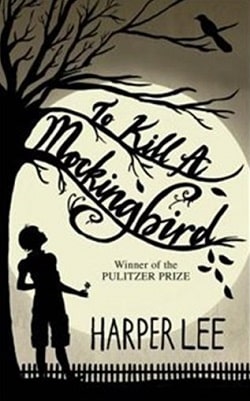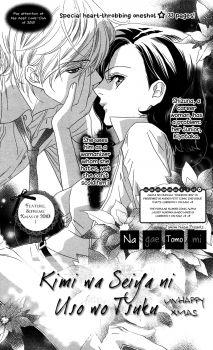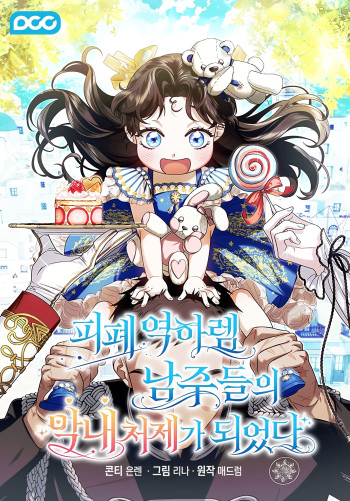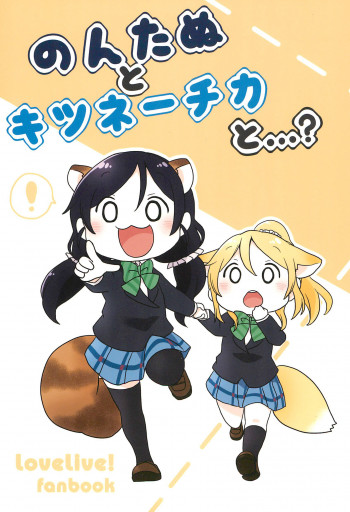Harper Lee's To Kill a Mockingbird is a profound exploration of human morality and the complexities of social justice, set against the backdrop of a racially divided Southern town in the 1930s. This novel, which has become a cornerstone of American literature, deftly weaves together themes of innocence, prejudice, and moral growth, all through the eyes of a young girl named Scout Finch.
At its core, To Kill a Mockingbird is a coming-of-age story that captures the innocence of childhood and the harsh realities of adulthood. Scout Finch, the narrator, is a precocious and curious six-year-old who lives with her older brother, Jem, and their widowed father, Atticus Finch, in the fictional town of Maycomb, Alabama. The sleepy town, with its slow pace and traditional values, serves as the perfect setting for the unfolding drama that challenges the very fabric of its society.
One of the novel's most compelling aspects is its exploration of the theme of innocence versus experience. Through Scout's eyes, readers are introduced to a world where the lines between right and wrong are often blurred. Her father, Atticus Finch, serves as a moral compass, embodying integrity and justice. As a lawyer, Atticus is tasked with defending Tom Robinson, a black man falsely accused of raping a white woman. This trial becomes the focal point of the novel, highlighting the deep-seated racial prejudices that permeate the town.
Atticus Finch's character is a beacon of hope and morality in a world rife with injustice. His unwavering commitment to justice and equality, despite the societal pressures and personal risks, makes him one of literature's most enduring heroes. Through Atticus, Lee explores the theme of moral courage—the idea that standing up for what is right, even when it is unpopular or dangerous, is the true measure of a person's character.
The character development in To Kill a Mockingbird is masterful. Scout's journey from innocence to understanding is both poignant and relatable. Her interactions with the people of Maycomb, from the reclusive Boo Radley to the dignified Calpurnia, provide her with a broader perspective on human nature. Jem Finch, Scout's older brother, also undergoes significant growth, grappling with his own understanding of justice and fairness as he witnesses the trial's outcome.
Lee's portrayal of Maycomb is both vivid and nuanced. The town itself becomes a character, representing the entrenched social hierarchies and resistance to change that defined the American South during this period. Through her detailed descriptions and rich dialogue, Lee captures the essence of Southern life, complete with its charm and its flaws.
One of the novel's most striking features is its ability to balance humor and pathos. Lee's writing is infused with warmth and wit, often through Scout's innocent observations and interactions. This humor serves to underscore the novel's more serious themes, providing moments of levity amidst the tension and highlighting the absurdity of prejudice and hatred.
In terms of its overall impact, To Kill a Mockingbird has left an indelible mark on both literature and society. Its exploration of racial injustice and moral integrity continues to resonate with readers around the world. The novel's universal themes of empathy, compassion, and the fight for justice make it as relevant today as it was when it was first published.
Comparatively, To Kill a Mockingbird shares thematic similarities with other classic works such as Mark Twain's The Adventures of Huckleberry Finn and John Steinbeck's Of Mice and Men. Like Lee's novel, these stories delve into the complexities of human nature and the societal forces that shape our understanding of right and wrong. However, Lee's unique perspective as a Southern woman adds a distinct voice to the narrative, offering insights into the intersection of race, gender, and class.
In conclusion, Harper Lee's To Kill a Mockingbird is a timeless masterpiece that continues to captivate and challenge readers. Its exploration of the human condition, through the lens of a child's innocence and an adult's moral conviction, offers a powerful commentary on the enduring struggle for justice and equality. As a work of literature, it stands as a testament to the power of storytelling to illuminate the complexities of our world and inspire change.
























Reviews 0
Post a Reviews: